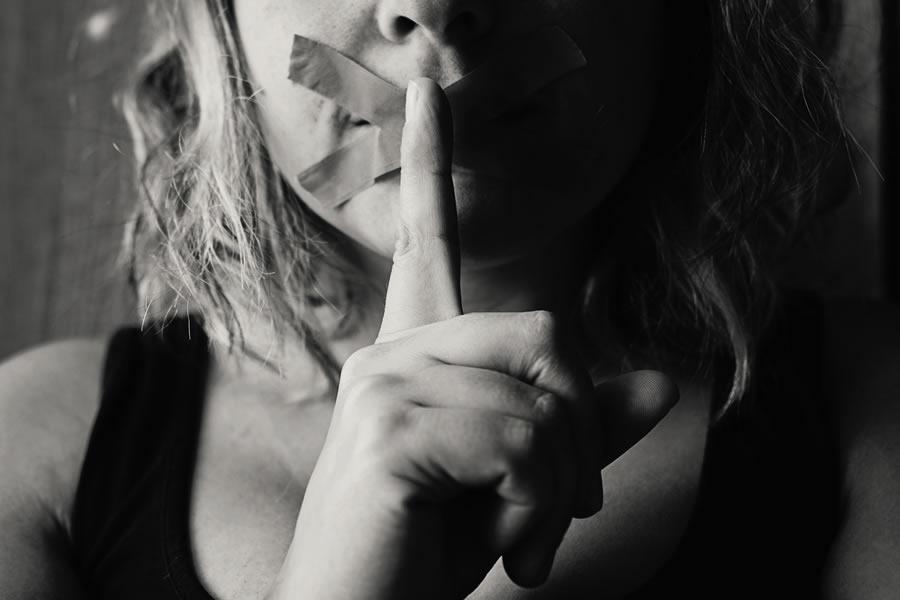


Article 13 is one part of a proposed EU change to copyright legislation, created with the intent to better protect creativity and find effective ways for copyright holders to protect their content online. On September 12th the European Parliament voted to move forward with Article 13.
All in all it sounds like a good thing. However, in a long-winded, complicated and typically vague document, there are two sections that have drawn criticism and alarm: Article 13 and, to a lesser extent, Article 11. The impact could mean a substantially more closed internet in the future.
Article 13 will force all online platforms to police and prevent the uploading of copyrighted content, or make people seek the correct licenses to post that content. This would mean having filters that check content as it's uploaded would need to be mandatory for platforms including Facebook, Instagram, GitHub, Reddit and Tumblr, but also many much smaller platforms. YouTube already uses such a system to protect copyright infringement, but the technology to do this is extremely expensive and has taken over a decade for the company to build and refine.
Article 11 is also raising concerns. This section stipulates that companies like Google, Facebook and Microsoft may have to pay publishers for showing snippets of news articles. The law would force social media platforms to take more direct responsibility for policing uploaded content.
So basically this means that sites like Youtube may have to block all existing videos uploaded unless or until the person who uploaded it can prove they hold all the copyright. The same for other social media platforms. Memes, as an example, will technically be illegal. All those grumpy cats and other popular photos that use famous scenes from films and popular media will have to be taken down from sites like Twitter, Instagram and the literally millions of blogs out there.
Of course this ruling may affect UK sites less depending on the outcome of Brexit. Either way, it is likely to have a huge impact on many sites which utilise public domain work. Everything that is uploaded to the internet will have to be checked for copyright or at least validated. As an internet service provider, it will have a cost implication as software and filtering checks will need to be implemented.
If you are having difficulty sleeping or would like to give yourself brain damage, you can view the EU legislation here.
Published on 04 December 2018 at 16:08:00
Copyright © 2001 - 2026 Securio Ltd trading as Datapartners. All Rights Reserved
Registered in England and Wales No: 4569212. Registered Office 22 Northfield Gardens | Highwoods | Colchester | Essex | CO4 9SS
VAT Registration Number: GB 802 1326 83.
Trading From: 60 St Nicholas Road : Witham : Essex : CM8 2JE : Tel: 0333 800 1881